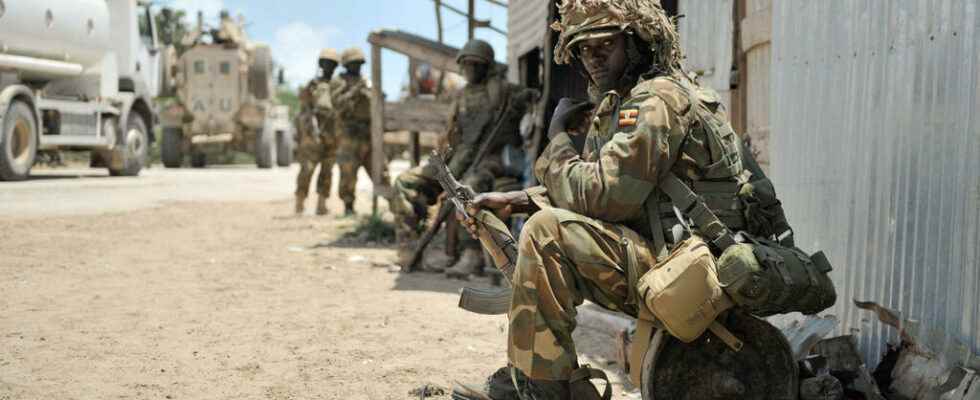A page turns in Somalia. The mandate of Amisom, the African Union peacekeeping mission in the country, expires this week. The UN Security Council is due to vote on Wednesday March 30 to replace it with another mission called ATMIS (African Union Transition Mission in Somalia). Created in 2007, Amisom counted up to 22,000 men with the mission of fighting against the terrorist group Al-Shebab and promoting the political stabilization of Somalia. 15 years later, what assessment can we make of its action?
With our correspondent in Nairobi, Florence Morice
It was in a country on the edge of the abyss that the first soldiers of Amisom arrived in 2007. Attacks by Islamist insurgents resumed with renewed vigor and threatened the transitional authorities. Amisom then led a series of victorious offensives… the culmination of which was the resumption of Mogadishu the capital, in 2011 …and the holding of an election the following year.
Samira Gaid heads the Hiraal Institute, an independent Somali research group: If we stick to what the main objectives of the mission were, namely to restore a government and gradually extend its authority, I would say that between 2007 and 2012, Amisom was really on the right track, it fulfilled its mandate and really contributed to the resettlement of the Somali state. »
In recent years, however, Amisom has come under considerable criticism for my lack of efficiency, while the Somali political crisis is bogged down and the Islamist Shebabs seem reinvigorated. ” From from 2015, the mission began to stagnate. She was asked to complete more and more objectives, and she failed to keep up, even though her numbers grew. His troops became more and more defensive and came under more and more attacks from the shebabs. So currently they are mostly protecting their bases and their main supply routes, but they are not actively fighting the Shebabs. »
As for the Shebabs, who were said to be relegated to rural areas, they have been able to adapt and extend their influence, including in areas under government control, including the capital, where they levy taxes, and continue to carry out targeted attacks and assassinations. To the point that the hypothesis of a pure and simple withdrawal of African Union troops has been ruled out – despite the fatigue of donors – for fear of an Afghan scenario.
